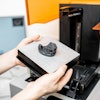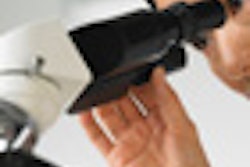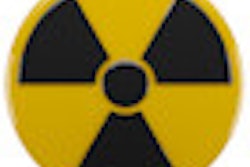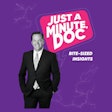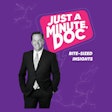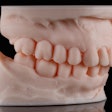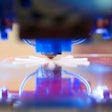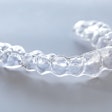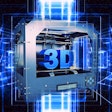Robert Ledley, DDS, a dentist and biomedical researcher who invented the first CT scanner, died on July 24 in Kensington, MD. He was 86.
The cause was Alzheimer's disease, according to news reports.
Dr. Ledley was born in New York City and studied physics at Columbia University. He hoped to pursue a career in physics, but his parents urged him to become a dentist to ensure he could make a living.
After receiving his Doctor of Dental Science degree from New York University in 1948, Dr. Ledley pursued a master's degree in physics in 1950. In 1951, during the Korean War, Dr. Ledley was in the U.S. Army Dental Corps, assigned to a research unit at Walter Reed Army Medical Center, where he worked on improving prosthetic dental devices.
In 1956, Dr. Ledley was hired as an assistant professor of electrical engineering at the George Washington University School of Engineering and Applied Science. That year, he began to collaborate with Lee Lusted, MD, a radiologist and electrical engineer, on utilizing digital computers in biomedical research.
Dr. Ledley began his CT scanner research in 1973; he called his invention the automatic computerized transverse axial scanner (ACTA). One year later, he established the Digital Information Science Corp., selling the machines for $300,000 each. In 1975, shortly after obtaining the patent for the ACTA scanner, he sold his company to Pfizer.
Dr. Ledley was inducted into the National Inventors Hall of Fame in 1990, and in 1997 he received the National Medal of Technology.



